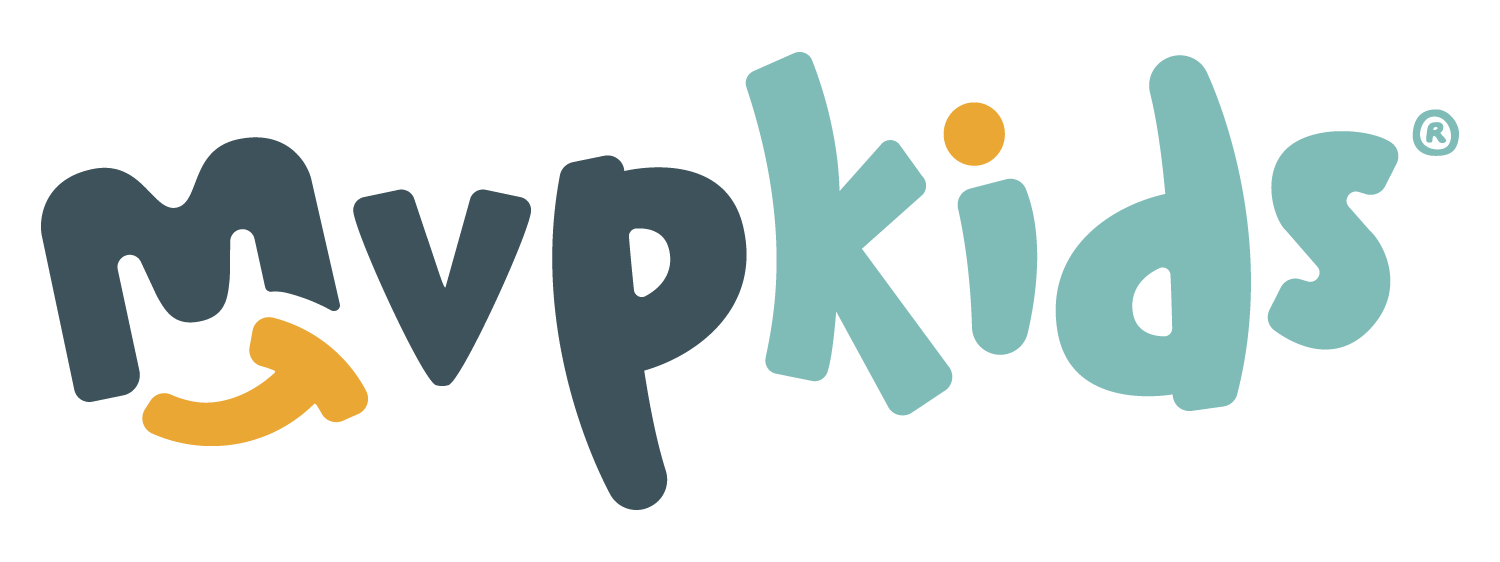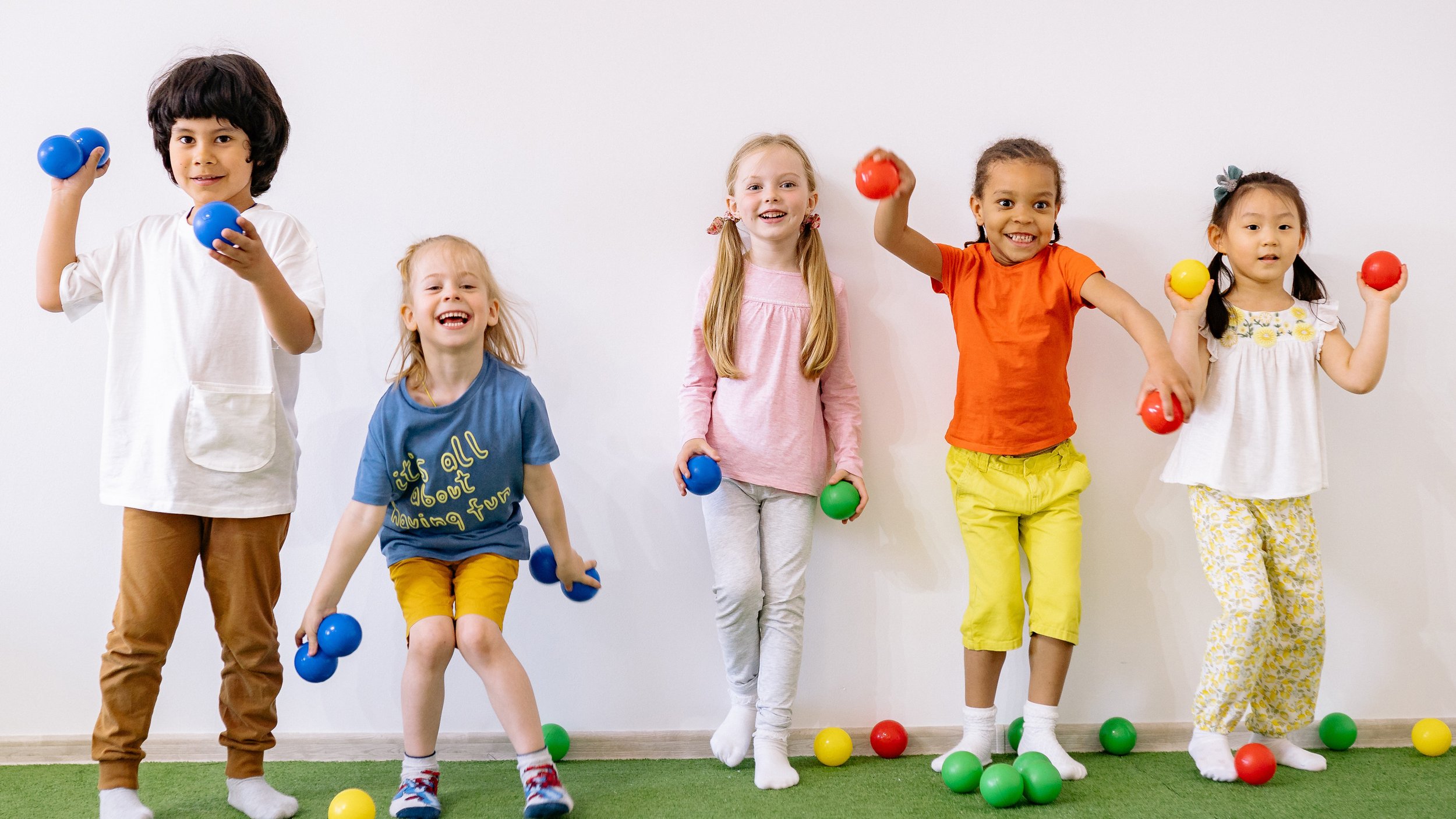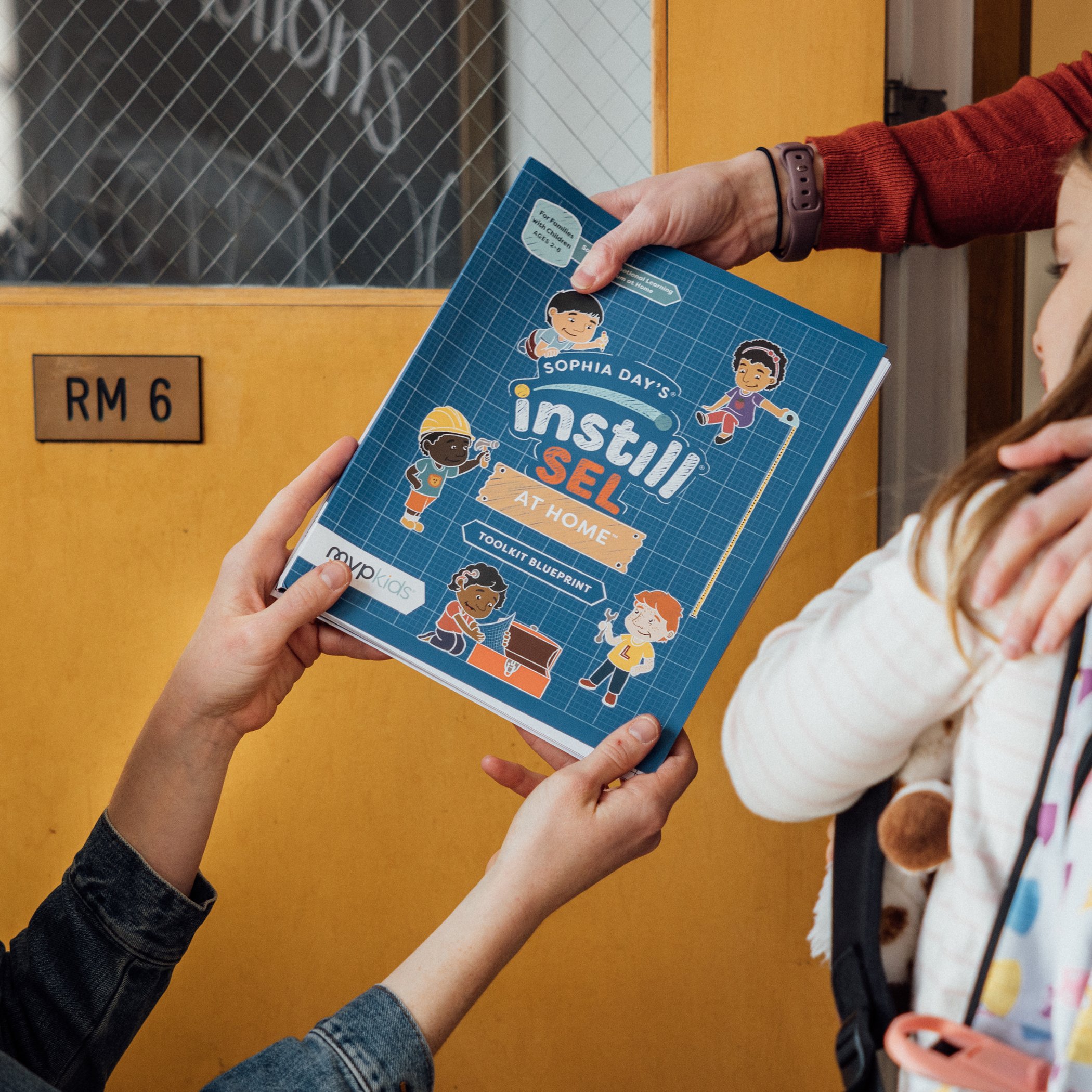Gaining Life Skills with Social and Emotional Learning
How can we develop positive character traits at home?
Recently, many families across the globe have unexpectedly had to implement some form of learning at home. At home, education is more than just teaching academic subjects. We also want to help our children develop positive character traits.
Social and emotional learning (SEL) skills support increased academic success, but also contribute to improved physical and mental health, fulfilling life and career goals, and making a positive impact within communities. In short, SEL skills are life skills!
According to (Collaborative for Academic, Social, and Emotional Learning (CASEL)), SEL skills include:
• Recognizing and managing emotions
• Feeling and showing empathy
• Building and maintaining healthy relationships
• Making responsible and caring decisions
Whether our children attend in-person, online, or homeschool instruction we have a very important role in teaching and reinforcing SEL. Just like academic skills, SEL skills are strengthened through regular practice. Consistency is a key factor in building and mastering SEL skills. Children see greater success when the same tools, strategies, and language are used in both school and home routines.
Here are 5 ways to build emotional life skills at home
SEL is taught and reinforced through everyday interactions, not just focused lessons for a singular behavior or situation.
1.
MAKE IT A GAME
Gather together to play board games, outdoor sports, or video games. During game play, children practice SEL skills like analyzing, taking turns, managing emotions, problem solving, and teamwork.
2.
MODEL HOW TO HANDLE TRIGGERING SITUATIONS
Pay attention to situations that might trigger your own difficult or uncomfortable emotions. Model how to label and manage strong emotions using “I” statements. For example, “I’m feeling very upset. I am going to take a deep breath and have a drink of water before talking about this.”
3.
PRACTICE ORGANIZATIONAL SKILLS
Organizational skills help children learn to independently set goals, manage time, and make responsible decisions. Help your children practice responsibility and self-sufficiency with simple chores that have multiple steps, like setting the table, getting ready for school, or brushing and flossing teeth. You can post checklists or visual aids to help children be successful.
4.
MEMORIZE A LIST OF POSSIBLE SOLUTIONS
Read the MVP Kids book, I Can Take Time to Think™. In this story, children learn to manage conflict and to “stop and think” before acting. Teach your child a series of solutions that they can always come back to when facing a problem (for example: ask for help, flip a coin, play together).
5.
PRACTICE PATIENCE DURING THE MUNDANE
Take advantage of waiting at dentist appointments or in line at the grocery store to practice patience and self-management. Try to make up a song about something in the room or count how many of an object or color you see.
A BONUS!
FOR PARENTS
Of course, SEL isn’t just for children. SEL tools and strategies also help adults navigate difficult emotions and improve mental health. Take time each day to reset and check-in with yourself. Pause and take a few calming breaths, stand outside in the sunshine, or stretch for a few minutes. You will benefit from the refresh and your children will benefit from watching you make these life skills an important part of your day.
Children who regularly practice SEL tools, like those found in our Instill® SEL programs:
• are able to manage their emotions successfully, they are able to focus on learning.
• they care about others’ well-being, they show compassion.
• are able to understand and follow rules, they contribute to the healthy functioning of a group.
• they work well with others and solve problems cooperatively, creating a harmonious environment.
• are able to act responsibly and respectively, they build healthy relationships necessary for success in school and life.







